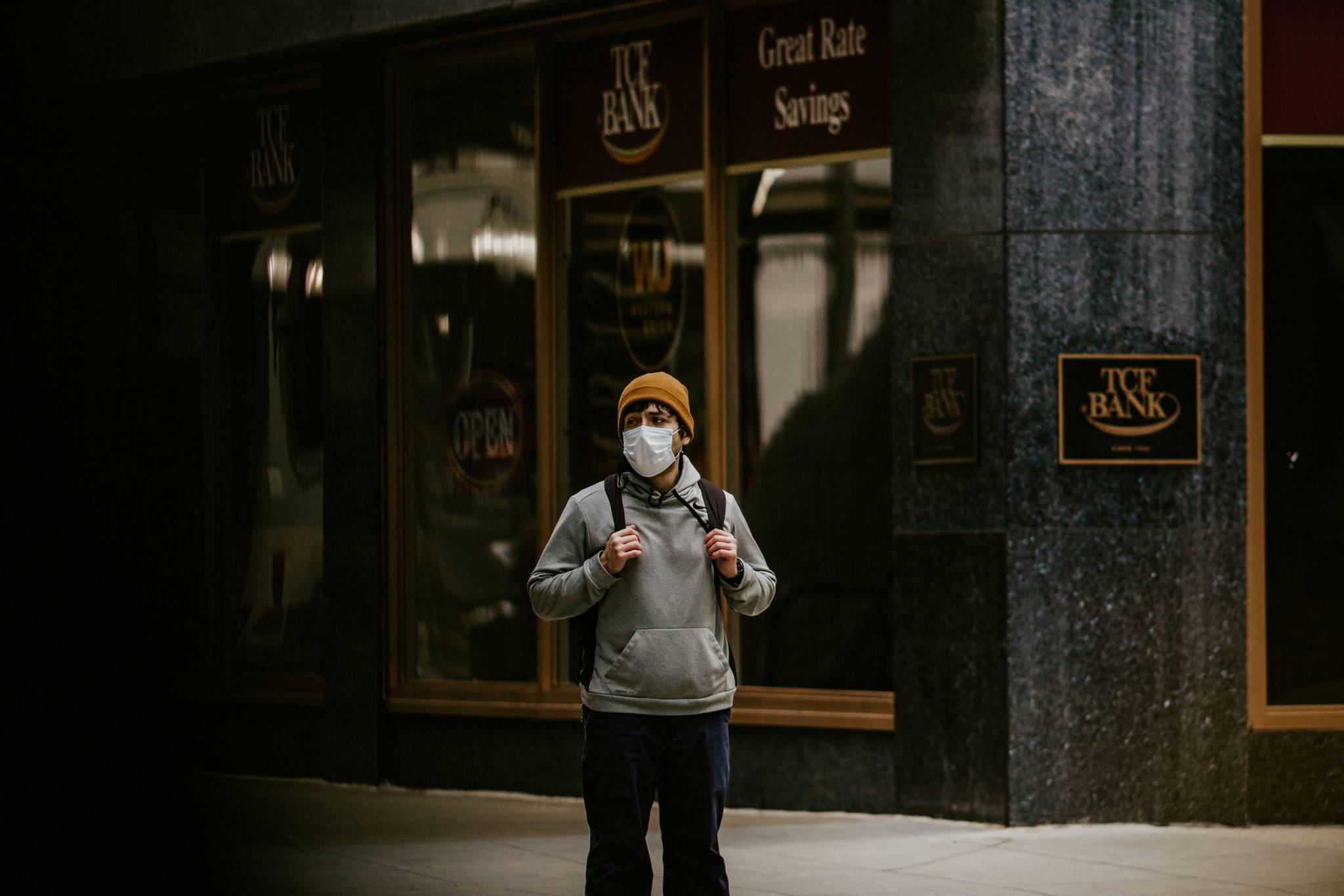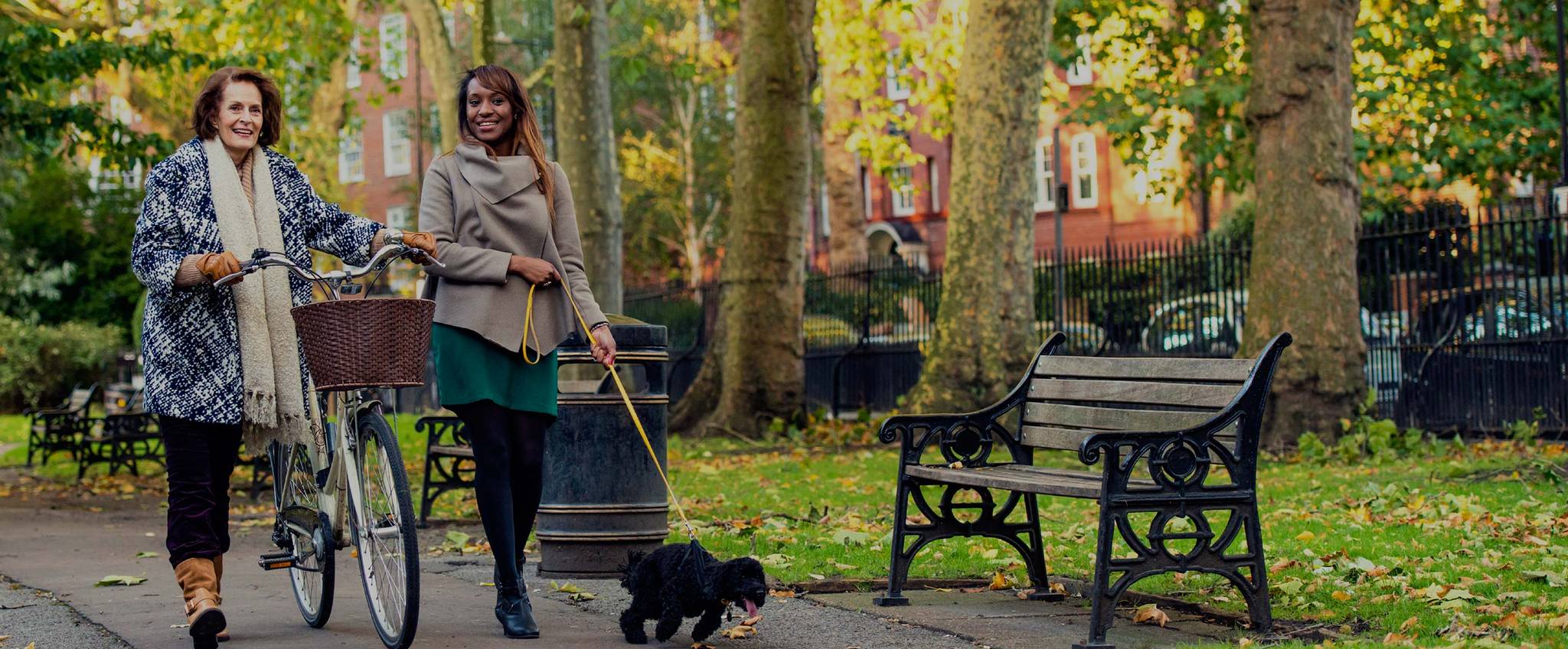
Mental health has been thrust into mainstream consciousness in 2020, but research shows that some people see self-compassion as indulgent. A Stanford study finds that reducing negative feelings towards self-care can mitigate this and help people cope with the impact of world events. We explore the insights behind this and what it means to take the self out of self-care.
A study conducted by academics at Stanford University and the National University of Singapore has examined people’s negative relationship with self-compassion. Across three studies, researchers found that holding the belief that self-compassion is indulgent, complacent, or irresponsible causes people to respond less compassionately to world events and emotional challenges.
The study also shows that inducing positive feelings towards self-compassion can increase people’s ability to respond to challenging stimuli with a compassionate mindset over a five- to seven-day period. Those who hold positive beliefs about self-compassion are better able to adapt to self-improvement strategies.

From the global pandemic to the BLM movement and the US Elections, 2020 has been mentally and psychologically taxing. In Europe alone, the World Health Organisation finds that 60% of people are experiencing pandemic fatigue. When this is coupled with spikes in uncertainty and anxiety, it’s easy to see how people could become apathetic to the world around them.
In response, many brands are using self-care narratives to help people find calm. But for those who might not be as responsive, this research points to opportunities to reframe compassionate routines as bigger than the self. Nextdoor, for example, helps connect neighbours to create happier and safer communities.
Sophie Robinson is a behavioural analyst at Canvas8. With a background in social anthropology she’s experienced in understanding the cultural mechanisms that shape the world, and how people symbolically construct and communicate meaning. When not mining for insights she’s wild swimming, listening to techno or thinking about documentary films she’d like to make.



